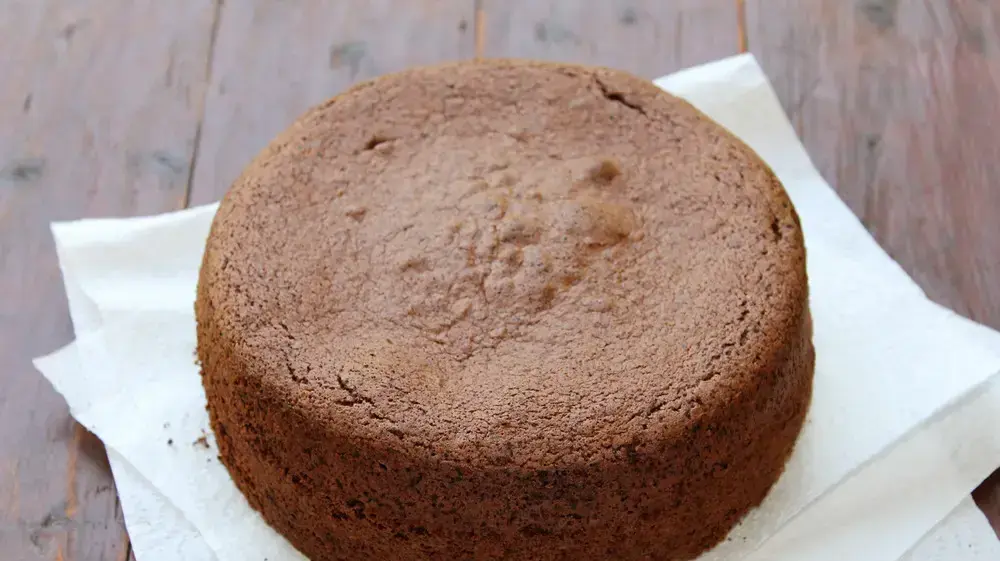And some allow, even if the Holy Names of the Most High are written, that any name written from the beginning other than for the sake of the holiness of God has no holiness in it/ShutterStock, ShutterStock
Many times in our daily lives halachic questions arise and topical doubts arise. Rabbi Shai Tahan, head of the Sha'ari Ezra community and head of Beit Erzi HaLebanon, makes the laws accessible to us and answers questions asked in the Beit Midrash and outside of it. And this week: Is it permissible to eat a cake with verses printed on it?
Question
:
Hello, Your Honor. On Purim we received a cake with whole verses from the book of Esther printed on it, such as 'The Jews had light and joy and precious joy', and so on. And we were satisfied as to whether we were allowed to eat the cake or whether it was because of the desecration of the verses that are sacred. I also saw that some cakes print a kind Gemara pages with everything written in it, for the joy of children at the beginning of their study of the Shas.
Answer
:
Hello and blessing. The ancients had already discussed this question to allow (see the Rokha Siman Retsu, followed by Havat Havat Yair Siman 16) on the grounds that the words were written in the first place not in order to exist but in order to be eaten (the Gerish Elyashiv and the Garech Kanievsky were quoted in the Ganzi Hodesh Amud Kello), and wrote The apothecary that writing the verses on cake and food is beneficial for opening the heart and understanding what is being learned.
Some allow even if the Holy Names of God are written, that any name that is written from the beginning not for the sake of the holiness of God has no holiness in it (Shuat Peri Ha'aretz 72 Och 4 '), indeed, we also found opinions in this that disagree with the prohibition of writing the names of the Almighty and eating them (Tasbach's Siman 16).
And Rabbi Meir Mazuz Shalita (quoted in Yeriot Shlomo 14 Amud Shafaz) wrote that if there is a name written on the cake, he will remove the layer The top one with the name written on it will be wrapped in plastic until it rots.
David Berger, in collaboration with Shuba Israel
More on the same topic:
Judaism

